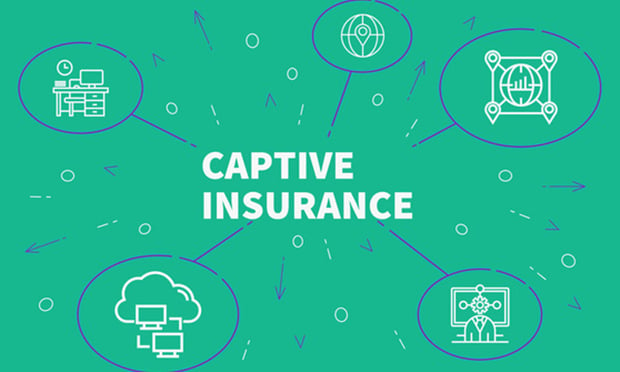What is the future of ERM?
“I think ERM is here to stay,” said Barry Franklin, director of corporate risk consulting for Towers Watson in Chicago.
“I first started attending seminars probably in the late 1990s, and it seemed like there was always a session titled something like 'Is ERM just a fad?'” recalled Mr. Franklin, who is also vice president-ERM on the Executive Council with the Casualty Actuarial Society.
Recommended For You
Want to continue reading?
Become a Free PropertyCasualty360 Digital Reader
Your access to unlimited PropertyCasualty360 content isn’t changing.
Once you are an ALM digital member, you’ll receive:
- Breaking insurance news and analysis, on-site and via our newsletters and custom alerts
- Weekly Insurance Speak podcast featuring exclusive interviews with industry leaders
- Educational webcasts, white papers, and ebooks from industry thought leaders
- Critical converage of the employee benefits and financial advisory markets on our other ALM sites, BenefitsPRO and ThinkAdvisor
Already have an account? Sign In Now
© Touchpoint Markets, All Rights Reserved. Request academic re-use from www.copyright.com. All other uses, submit a request to [email protected]. For more inforrmation visit Asset & Logo Licensing.







